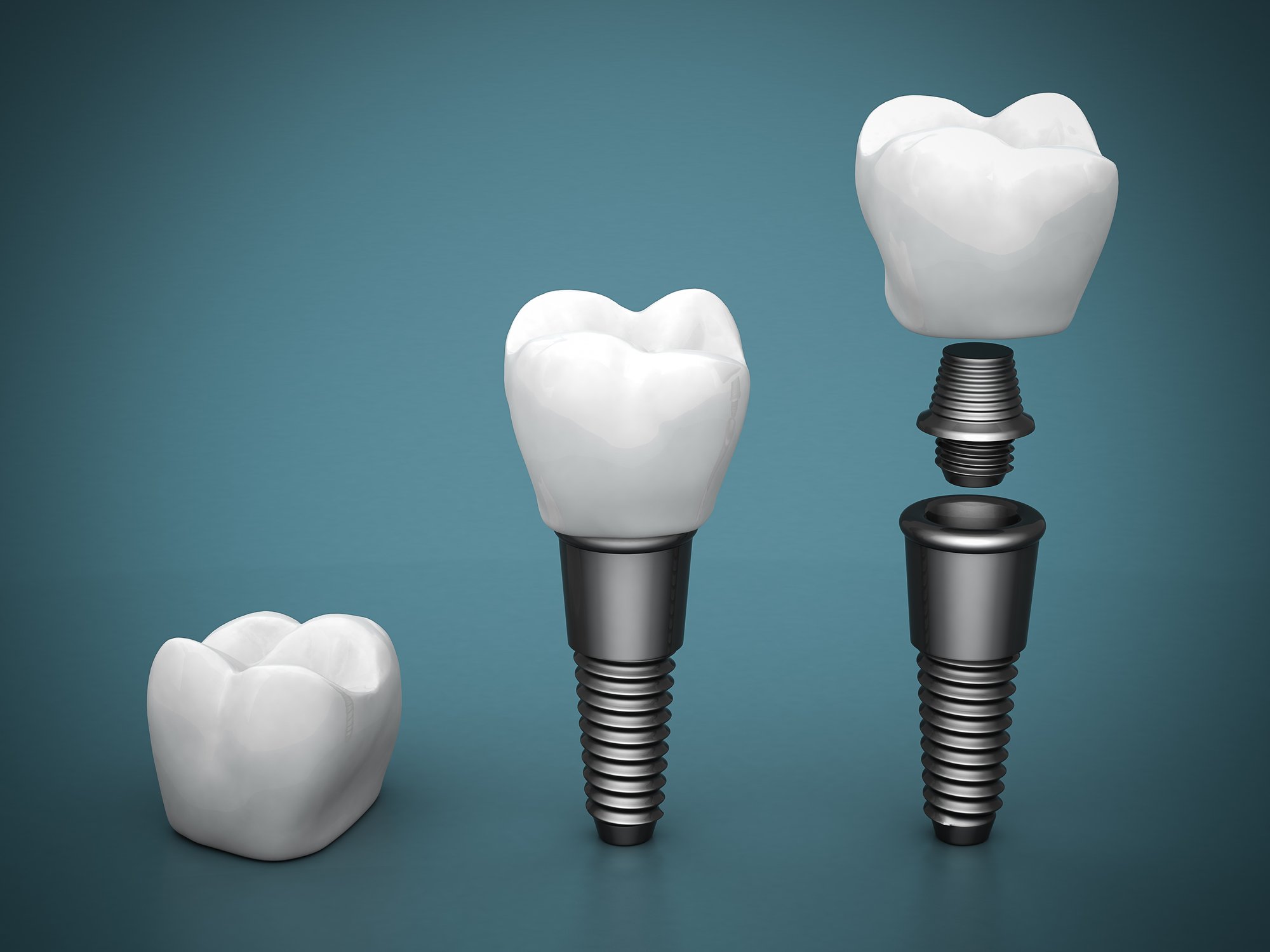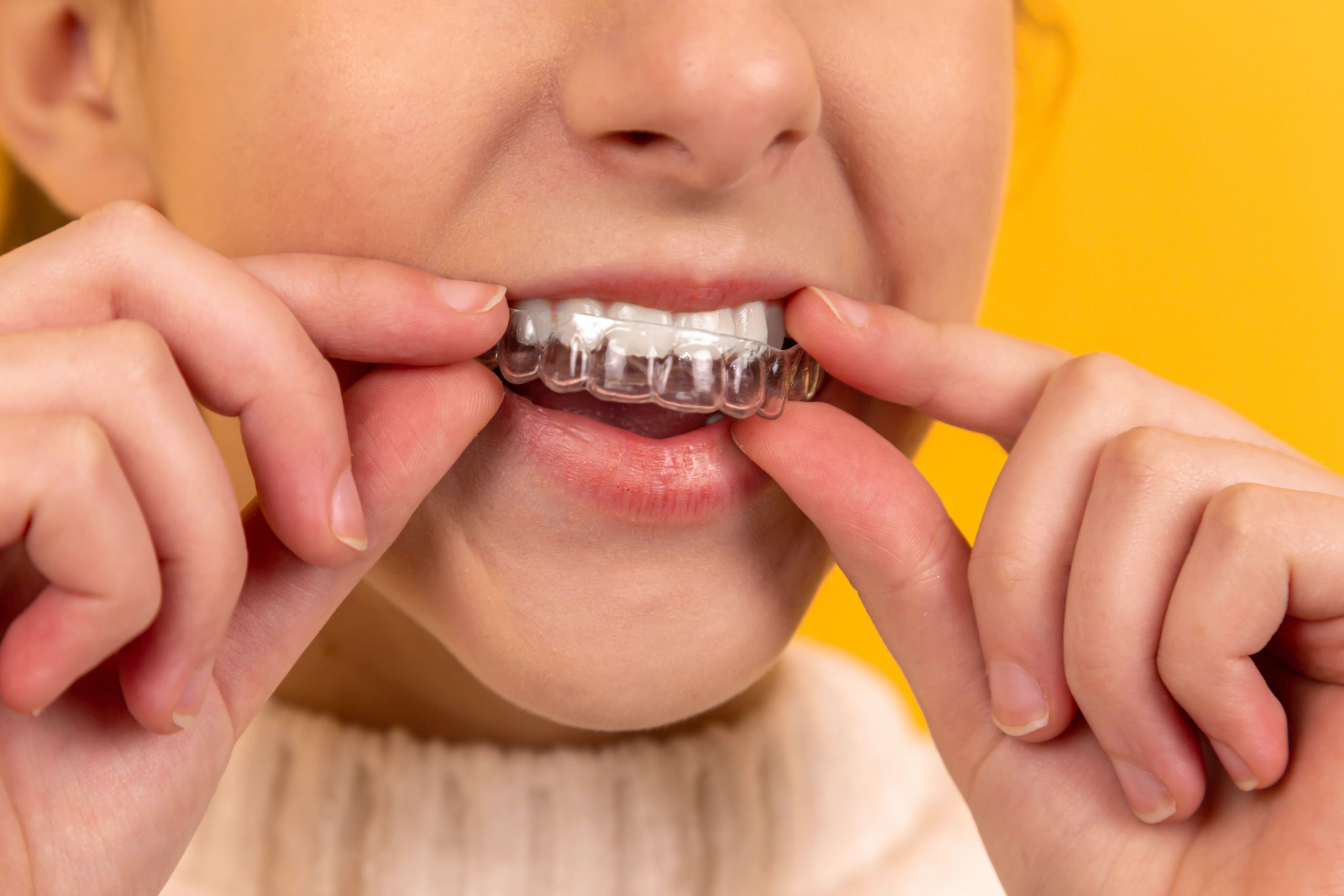
Dental crowns are a common restorative dental procedure that involves placing a cap over a damaged or decayed tooth. Crowns for teeth can restore their shape, size, and strength. This means that these prosthetics can easily restore your chewing, speaking, and smiling abilities.
Crowns for teeth are an ideal way to reclaim your oral health and regain your confidence. If you’re interested in this restorative treatment, then contact Magic Smiles Dental and Implant Centre today. With two locations in beautiful Woolgoolga and Coffs Harbour, NSW, we make dental care easy, effective, and convenient for you.
Typically, dentists use dental crowns to treat a variety of dental issues, as they can provide long-lasting results. In this blog, we discuss some of the reasons why you might need crowns for teeth.
Severe Tooth Decay
Tooth decay is a common dental issue that can cause very wide and deep cavities to form in a tooth. If the decay is severe enough, it can weaken the tooth structure. This is critical, as a weak tooth is much more likely to crack or break over time.
Rather than a dental filling, a dentist can use a dental crown to cover the decayed tooth and restore its strength and function.
Cracked or Broken Teeth
A cracked or broken tooth can be painful, making it difficult to eat, drink, and communicate. Dentists can use crowns for teeth to cover dental damage and protect them from further injury. In some cases, a dentist can also use a crown to hold a broken tooth together.
Large Fillings or Repeated Dental Work
Large fillings and repeated dental work on the same tooth can weaken the tooth structure, making fractures likely in the not-so-distant future. Dentists can use dental crowns to cover the tooth and provide additional support, preventing further damage and potential tooth loss.
Root Canal Treatment
A root canal is a procedure that dentists use to remove infected dental pulp from the inside of a tooth. After a root canal, the tooth can become weak and brittle, making it likely to crack or fracture.
Rather than dental fillings, dentists use crowns for teeth that receive root canal therapy. The crowns offer superior protection compared to fillings, which is why root canals are roughly 98% effective.
Dental Implants
A dental implant is a permanent tooth replacement option. It involves placing a metal post into the jawbone and attaching a dental crown to the top of the post once the implant fully heals.
Cosmetic Reasons
Patients can also use dental crowns for cosmetic reasons, such as:
- Covering dental damage, like chips
- Concealing craze lines
- Hiding stubborn dental stains
- Changing the size and shape of irregular teeth
Crowns for Teeth in New South Wales
Crowns can restore your smile, enhance your oral health, and beautify your appearance. If you think that you might benefit from crowns for teeth, then contact Magic Smiles Dental and Implant Centre today! All patients can reach our team of experts by submitting messages online here.






Recent Comments